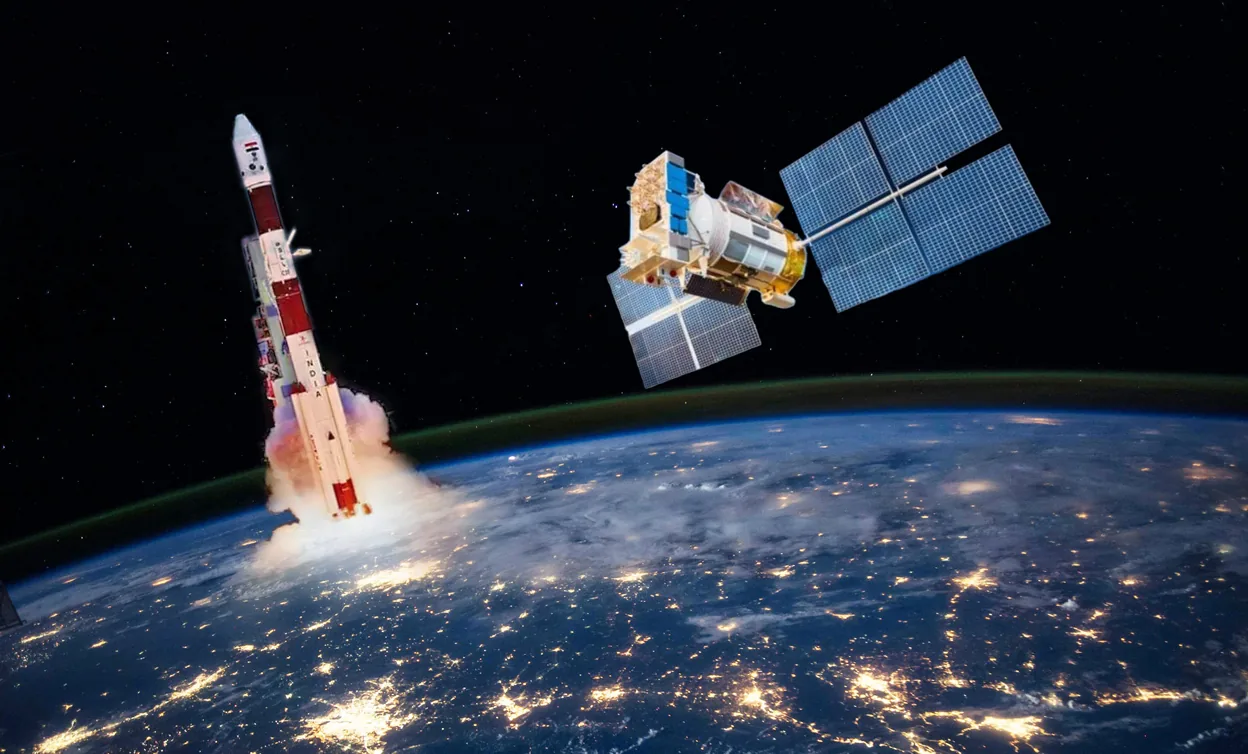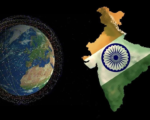India’s initiative to develop home-grown Earth observation (EO) satellite constellations has received a strong response, with 30 companies applying for a role in the project. This effort, managed by the Indian National Space Promotion and Authorisation Centre (IN-SPACe), is part of India’s strategy to reduce its dependence on foreign satellite data for critical sectors like defense, infrastructure management, and mapping.
Pawan Goenka, Chairman of IN-SPACe, announced that nine applications had been received, each representing a consortium of companies. These applicants include a mix of startups, such as Google-backed Pixxel and Baring Private Equity-backed SatSure, as well as larger entities like Tata Group’s Tata Advanced Systems. The project aims to establish satellite constellations that provide crucial data for various industries, including telecoms and climate monitoring. The satellite data market is expected to reach $45 billion by 2030, making it a significant global opportunity.
IN-SPACe issued a call for “expressions of interest” (EoI) in July to develop these homegrown satellite constellations. The initiative is part of India’s broader strategy to commercialize its space sector and ensure data sovereignty. The space regulator set eligibility criteria for the applicants, requiring them to invest at least 850 million rupees ($10 million) in space activities, have a company valuation of 8.5 billion rupees, or a turnover of 2 billion rupees in the last three years. Applicants must also establish spacecraft control centers in India or partner with ground station providers.
The evaluation of technical proposals is expected to be completed by the end of January, with a tender to determine the winning bidder to follow shortly thereafter. The government plans to provide a loan of up to 3.5 billion rupees to the winning company, with private entities expected to cover the rest of the costs. Additionally, India has set up a 10-billion-rupee venture fund to support space startups since the sector was opened to private players in February.
Although India currently relies on foreign EO data from entities like the European Space Agency (ESA) and the Indian Space Research Organisation (ISRO), the country is now focused on expanding its space capabilities and reducing its dependence on external sources.


















